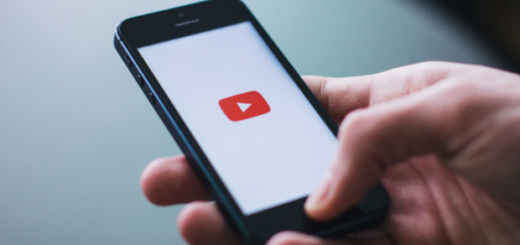The sounds that remind Gen Z it’s going to be okay
[ad_1]
Reading any newspaper story related to covid-19 used to make Peter Kotikalapudi anxious. The clickbait headlines constantly reminded him of an uncertain future. It was then that the podcaster began using a mindfulness app regularly.
Over the past few days, Kotikalapudi, 34, has noticed himself become calmer and adopt a more optimistic outlook towards life. Initially a reactive user, he turned to Innerhour in moments of anxiety, but now dedicates time to it every day. “It helps me relax and I feel as if everything is going to be okay.”
Being home during a lockdown, with constant exposure to negative news, an uncertain job market and almost no real-time interaction with the outside world, is affecting the mental health of many people, especially millennials living far from family. With no immediate prospects of face-to-face psychological counselling sessions, many are turning to mindfulness and autonomous sensory meridian response (ASMR) apps to help alleviate anxiety, stress and even insomnia in some cases, as the interim solution.
Mumbai-based veterinarian Bhagyashree Phadke, 27, does not have the option of working from home. The stress of working and living in a lockdown is her biggest source of anxiety. She finds her peace with app-based meditation. “Breathing in and out to particular set of counts helps me the most,” she says.
There’s enough research to show that mindfulness apps help one be present in a moment and relax, which is why digital streaming services like Spotify and YouTube have increased their offerings of podcasts dedicated to guided meditation. Apps like Calm and Headspace are also popular for their meditation exercises, motivational messages and reminders to take breaks. ASMR apps even offer ambient sounds and visuals – rain, cutting paper, painting.
Psychologist Namrata Jain says such measures only provide temporary relief. “A disease cannot be healed by just healing the symptoms. You need to reach the root cause of the problem and seek professional help at the first chance,” she says.
The demand for podcasts and playlists that provide a measure of release from anxiety is growing. Spotify has seen an uptick in consumption of playlists relating to self-help, wellness and yoga over the past few weeks, says Amarjit Singh Batra, managing director (India), Spotify
“As users are spending more time at home, we’re seeing that inspirational, motivational and wellness podcasts are more widely consumed. In music, we have seen a surge in ‘chill’ playlists, which have instrumental and acoustic tracks, as well as ‘nature sounds’ and ‘meditation’ playlists,” he says.
Stand-up comic Supriya Joshi, 33, has been a long-time listener of ASMR podcasts. Her routine was inconsistent through the years, but the pandemic has made her a regular on Headspace. “I look forward to it every day, maybe because it’s a routine in a time where it seems like there isn’t one.”
Phadke says she has got better control over her restlessness since she began meditating regularly. She’s also gone a step further and joined a virtual meditation group for 21 days. “There’s so much calmness in meditation,” she says.
Write to us at businessoflife@livemint.com
[ad_2]
Source by [author_name]














